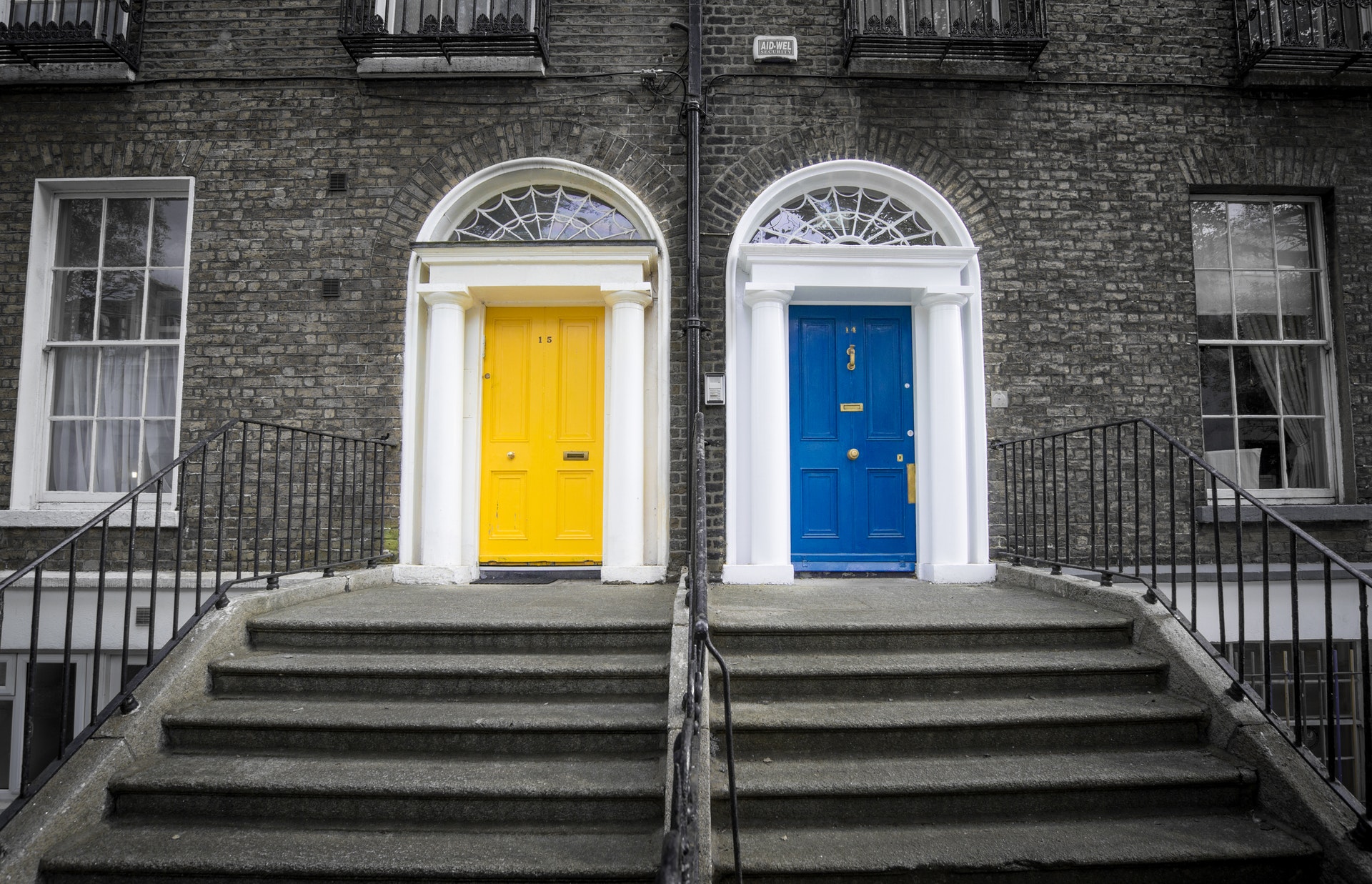With Brexit negotiations heating up, the forecasted barricade to a clean break for the United Kingdom has reared its head, revealing a subtly degrading view of the Irish to appear in Britain. A tentative solution has emerged, with the approval of Unionists, who seem prepared to sever ties with the entire world to maintain their Britishness. The fear of having Northern Ireland function separately from the rest of the UK, something once called “Sovereignty”, has driven Conservatives and Unionists alike to sound the proverbial alarm. But, if Northern Ireland and Great Britain are able to prevent such blatant acts of autonomy, the tumultuous referendum of a United Ireland can be pushed further down the road.
Unionists [political factions who oppose an independent united Ireland and support Northern Ireland remaining in the United Kingdom] have long held such a majority that most points of contention have been overridden with relative ease. Despite the promise of a Bill of Rights specific to Northern Ireland, one has not been produced due to fervent disagreements. Despite the public condemnation of a return to Direct Rule, Unionists have shown eager loyalty to the Conservatives, including an agreement to support the current Conservative government in exchange for massive public funding. Despite outcries from social leaders and economists, as well as a majority vote to remain, the majority Unionist view is to support Brexit in its entirety. The DUP and its Unionist cohort not only see themselves as the majority leadership, but the moral leadership of Northern Ireland. They seek to act as the conscience of the nation.
The United States is no stranger to moral leadership within its elected officials. We see this quite often among religious conservatives and far-left liberals; men and women who seek to guide the nation through legislation, regulation, and, occasionally, public shaming. They rally their constituents using fundamentalist views to garner support. Our nation has become so polarized, it appears that only the extremes exist and the men and women of the middle ground have reluctantly chosen sides. Moderate conservatives and moderate liberals now find themselves talking about border walls that will never appear and tax rates that would terrify most Scandinavian countries. Two moral compasses seem to exist in Washington D.C., with the slim minority being shouted down and slowly driven out of office.
Morality is not a characteristic that is produced on an assembly line, just as human beings are not mass-produced in a factory. Morality is learned throughout the course of each life, in which it is constantly molded and shaped to meet new challenges. It is shaped by parents and siblings, relatives, teachers, religious beliefs and teachings, public figures, friends, strangers, and the daily experiences one encounters as a member of humanity. This explains why first-year philosophy students grapple with seemingly simple ethical scenarios. Even in a church, synagogue, or mosque, very few will be able to define their faiths in the same manner. We often believe the same things for very different reasons, when we manage to agree at all. Which begs the question, is it fair for the government to function as a moral beacon, defining right and wrong by law, or should it simply protect the private lives and rights of citizens within a simple, but powerful, framework, while they live on their own accord? Without a consensus on morality, it is hard to see how the former can work without significant dissent.
The DUP and many of its Unionist brethren define Northern Ireland as “British” and often times as “Protestant”. But what they fail to recognize is that this overwhelming bias stifles a significant portion of their own population, including Irish, Catholics, Jews, Muslims, Agnostics, Atheists, Humanists, and members of the LGBT community. Despite constant calls for a Bill of Rights by Republicans, which would include the legalization and recognition of same-sex marriage, one has never come to fruition. Separate legislation regarding same-sex marriage has appeared numerous times, but has been vetoed by Unionists through a “petition of concern”, despite a number of polls showing almost two-thirds of Northern Ireland as supportive of such legislation.
Humanity cannot be led by the moral compass of one or even a few. The differences of culture, language and belief precludes this notion. It is the individual who must follow their own sense of morality, but with strong consideration for others. Through discourse, through sharing and debate, compromise can be reached. An accord through common ground can be struck. Hearts and minds may even be won. Such is the power of free hearts and free minds; they may convince and they may be convinced. In effect, we are not a nation of one, but a nation of many. Of many moral compasses that point in many directions. And it is through this exercise of liberty that we find our path.
This piece solely expresses the opinion of the author and not necessarily the organization as a whole. Students For Liberty is committed to facilitating a broad dialogue for liberty, representing a variety of opinions. If you’re a student interested in presenting your perspective on this blog, click here to submit a guest post!
